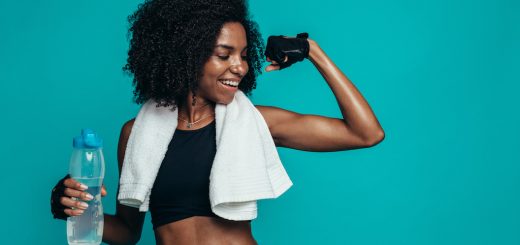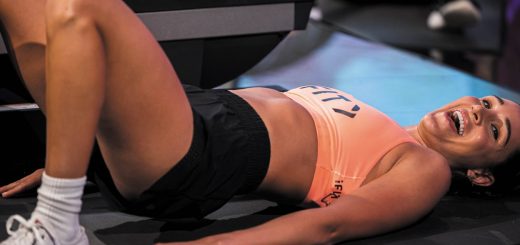My nutrition guide: What to eat before and after your workout
Like all athletes, I want to know what to eat before and after training. This ensures that I have
enough energy to give it my all during my sessions and that I recover well. Thanks to theProFormTeam nutrition guide, I won’t have to wonder anymore!
What does my body need when I exercise?
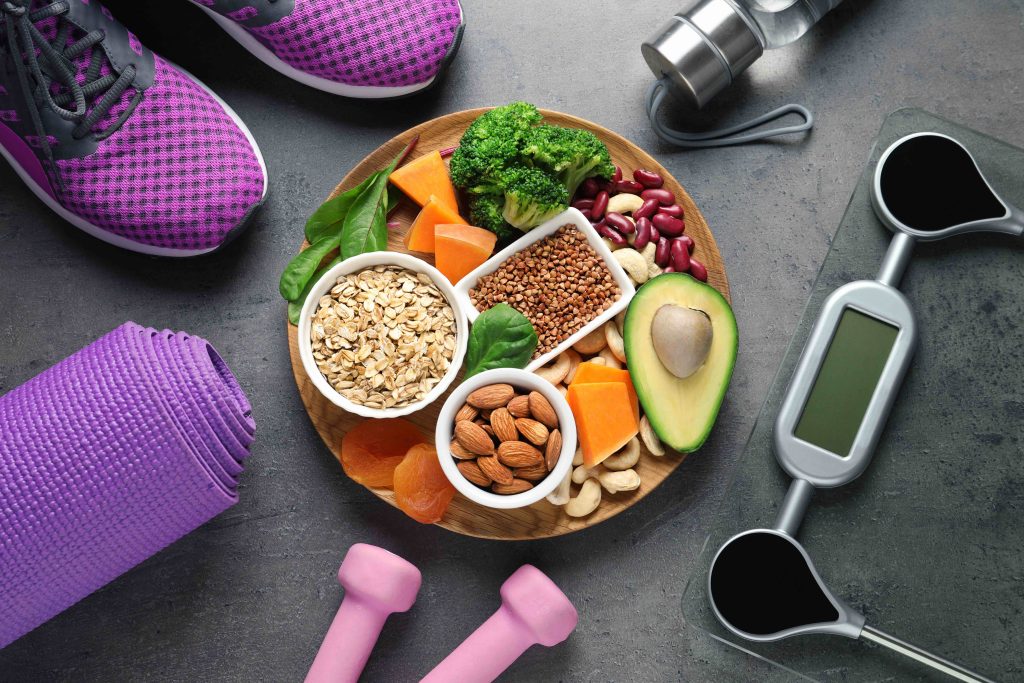
To produce energy, my body needs fuel, delivered regularly by my meals and snacks of the day, with
quantities adapted to my physical effort. Therefore, I avoid training on an empty stomach, which is
not recommended in most cases.
On days when I train, I pay attention to what I eat and when I eat so that I don’t get slowed down by
my digestion or run out of energy.
To function effectively during exercise and to be able to recover afterwards, the body needs various
nutrients:
● High-quality carbohydrates to produce glycogen, the main fuel for the muscles during
exercise: they represent about 50% of my energy intake.
● Proteins, ideally lean, whose amino acids are the raw material for muscle fibres.
● Lipids, mainly from plants or healthy sources: eggs, white meat, oily fish, etc.
● Vitamins and minerals to optimise all the processes at work in my body and facilitate the
absorption of other nutrients.
To sum up, eating a balanced and diversified diet is the best way for me to obtain good results from
my training. I just need to distribute these nutrients as well as possible before and after training.
Before training: I refuel for the long haul
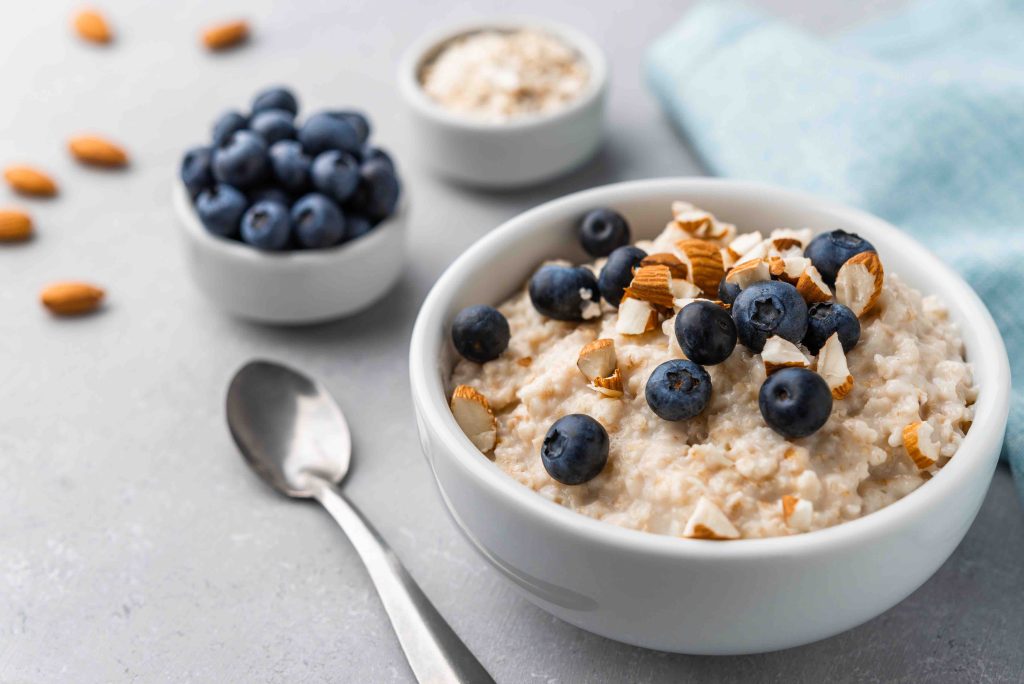
Before exercising, carbohydrates are essential: I need a regular energy supply, but I need to avoid
the notorious blood sugar spike that could shorten my sessions and make me tired. I, therefore, opt
for foods with a low glycaemic index, such as whole grain bread, whole grain rice, bulgur or
oatmeal, for a long-lasting energy supply and a good supply of fibre.
I enrich my meals with lean proteins: fish, white meat, yoghurt, soy or tofu, for example. I don’t eat
too much fat to avoid feeling too heavy. Overly spicy dishes and raw vegetables can disturb my
digestion, so I limit them before exercising if I am sensitive to them.
I allow at least two hours between my last meal and my workout to give my body time to digest. A
small snack an hour and a half before the session is possible if I haven’t eaten for a long time.
Throughout my day (and also during exercise), I remember to stay well hydrated.
3 ideas for pre-workout snacks
● Granola with berries and nuts
● Apple oatmeal with a drizzle of honey
● Brown rice salad with tuna
After training: the best foods for recovery
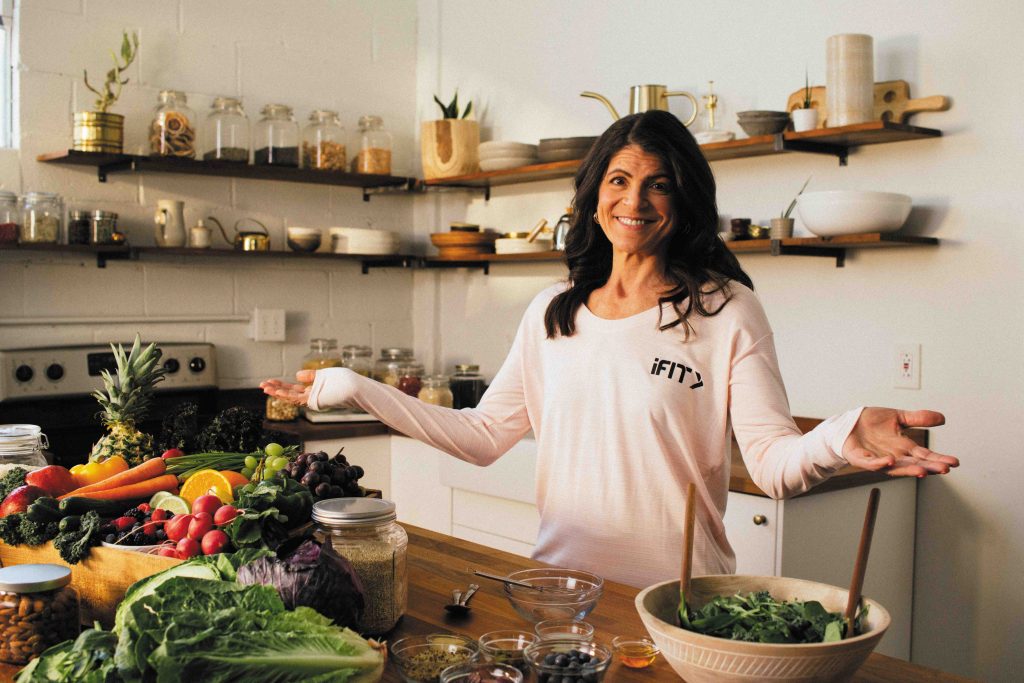
After exercising, I give my muscles something to repair themselves with:
● Proteins are my allies: I eat meat, legumes, eggs or dairy products to help my muscle fibres
regenerate.
● I replenish my energy stores with carbohydrates.
● This is a good time to include fats in my meals by choosing high-quality vegetable oils, nuts
or seeds that are rich in omega-3 and 6: they facilitate healing and help reduce fatigue.
● Magnesium is associated with a reduced risk of cramps and aches after exercise: dark
chocolate, almonds, whole grain bread, etc.
● I fill up on antioxidants with berries and colourful vegetables.
● I compensate for the loss of water and minerals through sweating by hydrating regularly in
small quantities, especially in the two to four hours following my session.
3 ideas for post-workout snacks
● Raw apple, diced cheese, hard-boiled egg and nuts for snacking
● Quinoa salad with lemon juice, mint, olive oil and baby vegetables
● Grilled salmon steak, avocado and brown rice
In the context of moderate exercise, eating a balanced diet and staying well hydrated is enough,
but by knowing my needs more precisely, I can make the best choices to diversify my pre- and post-
workout meals.
For more information and tips around your healthy workout goal – Visit our other articles
